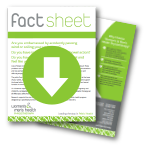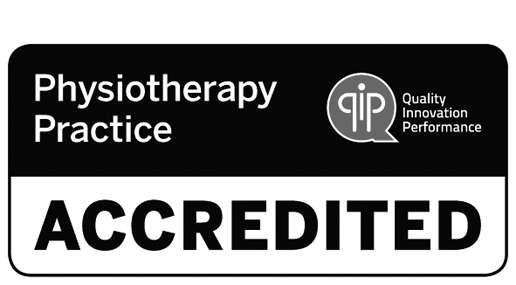Prostate Surgery
Did you know that urinary leakage is common after prostate surgery?
Are you aware that pelvic floor exercises can help you recover?
Did you know that starting these exercises before surgery is most effective?
Prostate cancer and surgery can be a difficult journey both emotionally and physically for men and their family. Loss of bladder control is to be expected after prostate surgery and is distressing. Fortunately we know that bladder control will improve over time and with physiotherapy.
During removal of the prostate your main control mechanism may be impaired, leading to bladder leakage. The pelvic floor, which is part of your bladder control mechanism, will need to play a greater role to compensate for this. Ideally pelvic floor exercises are commenced before surgery but they can also help afterwards.
Urine may leak unexpectedly after surgery, especially with physical activity, coughing or sneezing. How much urine leaks and how long this incontinence lasts is hard to predict however it can be reduced by learning how to use the pelvic floor muscles correctly.
Common Symptoms:
• Leaking urine when you cough, sneeze or laugh
• Urine loss when moving from sitting to standing, walking or exercising
• Leaking urine on the way to the toilet
• Going to the toilet frequently
Possible Causes Of Bladder Problems:
• Radical Prostatectomy Surgery
• Bladder problems before prostate surgery
• Constipation and straining
• Poor pelvic floor muscle function
How We Can Help:
Evidence shows that pelvic floor muscle training reduces urinary leakage after prostate surgery. Research has also shown that when this training is commenced before surgery, the severity of bladder leakage and the time it takes to restore bladder control are both reduced. At Women’s & Men’s Health Physiotherapy we specialise in designing a personalised pelvic health program exclusively for you. We have many years of experience working with and supporting men and their partners before and after prostate surgery. We work closely with your urologist, urology nurse and you to achieve the best possible outcome.
What To Expect:
• A thorough assessment to establish your goals, pelvic floor requirements and treatment plan
• Design of a personalised pelvic floor muscle exercise program
• Progression of your program and application to daily activities and exercise
• Advice about lifestyle modifications for the post op period and guidance for return to normal activity
Did You Know













